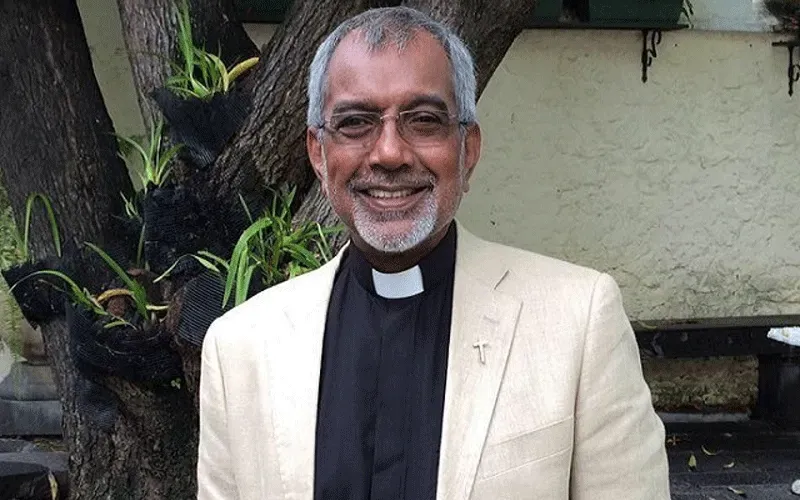Port Louis, 11 May, 2022 / 6:36 pm (ACI Africa).
Officials of the Catholic Bishops’ Commission for Justice and Peace (CJP) in Mauritius have presented a project that seeks to alleviate poverty and misery among the population through community gardens.
In a statement issued Wednesday, May 11, officials of the Catholic Bishops’ entity who call on the government to support the initiative highlight a project carried out by the CJP of the Diocese of Port-Louis to help the poorest people affected by the COVID-19 pandemic “but which, for unknown reasons, has not been supported by the authorities concerned.”
“For the past three years, under the inspiration of Pope Francis' Encyclical on Ecology, CJP has been engaged in a project of education on good ecological practices,” they say.
CJP officials add, “The COVID-19 pandemic forced us to live in various forms of food self-sufficiency. Many families have gone back to farming by growing small gardens in their backyards. Many have lost their jobs with the closure of companies or their reduction of activity.”
Through the Community Garden initiative, CJP leadership intends “to bring together in one project three critical issues that the COVID-19 crisis has come to highlight,” the officials say, and highlight the three issues as to “reduce unemployment, assure food security, and protect the environment”.








